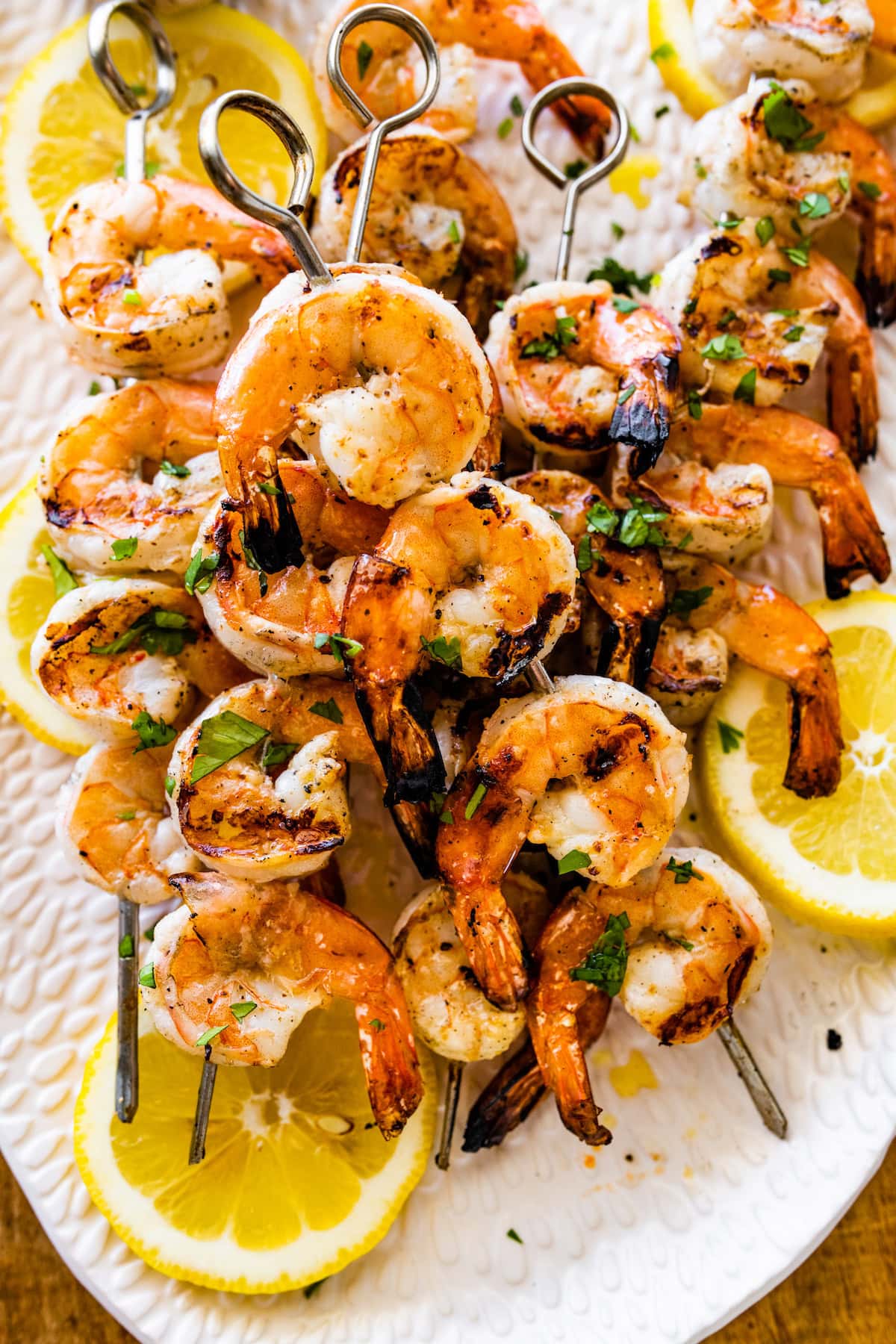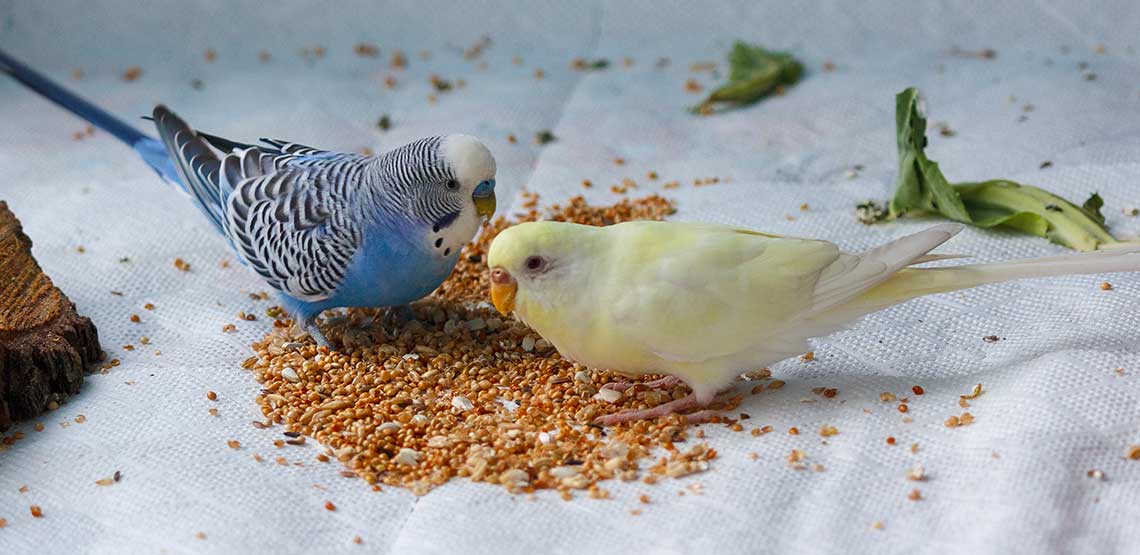Eating Bird Food: A Trend That’s Taking The World By Storm
Let’s talk about eating bird food. Yeah, you read that right. Bird food. You might be thinking, "Wait, isn’t that for birds?" Well, buckle up, because this unconventional diet trend is gaining traction, and people are actually raving about it. From weight loss enthusiasts to health-conscious individuals, eating bird food has sparked curiosity and conversation across the globe.
Now, before you dismiss it as a weird fad, hear me out. Bird food isn’t just about throwing seeds into your salad or munching on cracked corn like a pigeon. It’s about exploring the nutritional benefits of foods traditionally meant for our feathered friends and adapting them into a human-friendly diet. Trust me, it’s not as crazy as it sounds.
With more people looking for alternative ways to boost their health, eating bird food offers an interesting twist to the usual diet plans. And guess what? It’s not just about losing weight—it’s about fueling your body with nutrient-packed ingredients that might surprise you. So, are you ready to spread your wings and dive into this fascinating trend?
Read also:Why Charles Amp Keith Has Become Every Fashionistas Goto Brand
What Exactly Is Eating Bird Food?
Alright, let’s break it down. Eating bird food doesn’t mean you’re going to start pecking at a bird feeder in your backyard. Instead, it involves incorporating foods that are typically fed to birds into your daily meals. These foods often include seeds, grains, nuts, and even certain types of fruits and vegetables that are safe for human consumption.
But why would anyone want to eat bird food? Well, the answer lies in its nutritional value. Many bird foods are rich in essential vitamins, minerals, and antioxidants that can benefit human health. Plus, they’re often low in calories and high in fiber, making them a great option for those looking to maintain a healthy lifestyle.
Why Has Eating Bird Food Gained Popularity?
There’s a reason why eating bird food is becoming a hot topic in the health and wellness community. Here are a few factors contributing to its rising popularity:
- Increased Awareness of Nutritional Benefits: People are becoming more aware of the nutritional value of seeds and grains commonly found in bird food.
- Sustainability: Eating bird food aligns with the growing interest in sustainable eating habits, as these ingredients are often sourced from eco-friendly practices.
- Unique Flavor Profiles: Many bird foods offer unique tastes and textures that can add excitement to your meals.
- Health-Conscious Consumers: With more people focusing on their health, eating bird food provides a novel way to incorporate nutrient-dense foods into their diets.
The Science Behind Eating Bird Food
Let’s get scientific for a moment. What exactly makes bird food so appealing to humans? The answer lies in its composition. Bird food is packed with essential nutrients that can benefit human health in numerous ways. For instance:
- Seeds: Seeds like sunflower, pumpkin, and flaxseeds are rich in healthy fats, protein, and fiber, making them an excellent addition to any diet.
- Grains: Grains such as millet and oats provide complex carbohydrates, which are important for sustained energy.
- Fruits: Certain bird-safe fruits like apples and blueberries are loaded with antioxidants and vitamins that support overall health.
- Nuts: Nuts like almonds and walnuts offer heart-healthy fats and essential minerals like magnesium and zinc.
Studies have shown that incorporating these foods into your diet can lead to improved digestion, better heart health, and even enhanced cognitive function. So, it’s not just about mimicking birds—it’s about harnessing the power of their diets for our own benefit.
Is Eating Bird Food Safe for Humans?
Here’s the million-dollar question: Is it safe for humans to eat bird food? The short answer is yes, but with some caveats. While many bird foods are safe for human consumption, it’s important to ensure they’re free from contaminants like pesticides and mold. Additionally, some bird foods may contain ingredients that aren’t suitable for human diets, so it’s crucial to do your research before diving in.
Read also:Discovering The Legendary Balboa Cafe San Francisco A Timeless Gem
For example, certain bird seeds may be coated with chemicals to prevent spoilage, which can be harmful if ingested by humans. Always opt for organic, human-grade bird foods to ensure safety. And if you’re unsure, consult with a nutritionist or healthcare professional before making any drastic changes to your diet.
How to Incorporate Bird Food Into Your Diet
Now that we’ve established the benefits of eating bird food, let’s talk about how you can incorporate it into your daily meals. Here are a few ideas to get you started:
- Smoothies: Blend seeds and nuts into your morning smoothie for an extra nutritional boost.
- Salads: Sprinkle sunflower seeds or chopped nuts over your salad for added crunch and flavor.
- Baking: Use ground flaxseeds or oats in your baking recipes for a healthier twist on classic treats.
- Snacks: Roast pumpkin seeds or almonds for a satisfying and nutritious snack.
Get creative with your cooking and experiment with different combinations of bird foods. You might be surprised at how delicious and versatile they can be!
Tips for Buying Bird Food for Human Consumption
When it comes to buying bird food for human consumption, there are a few things to keep in mind:
- Choose Organic: Opt for organic bird foods to avoid harmful chemicals and pesticides.
- Check Ingredients: Read the label carefully to ensure the ingredients are safe for human consumption.
- Look for Human-Grade Options: Some companies now offer bird foods specifically formulated for human use, so keep an eye out for those.
- Store Properly: Store bird food in airtight containers to maintain freshness and prevent contamination.
The Benefits of Eating Bird Food
So, what’s in it for you? Eating bird food offers a range of benefits that can improve your overall health and well-being. Here are just a few:
- Improved Digestion: The high fiber content in bird foods promotes healthy digestion and prevents constipation.
- Heart Health: Many bird foods are rich in heart-healthy fats and minerals that support cardiovascular health.
- Weight Management: Low-calorie, high-fiber bird foods can help you feel full longer, aiding in weight management.
- Boosted Immunity: The antioxidants and vitamins found in bird foods can strengthen your immune system and protect against illness.
Whether you’re looking to lose weight, improve your energy levels, or simply enhance your overall health, eating bird food can be a valuable addition to your diet.
Real-Life Success Stories
Don’t just take my word for it—there are plenty of real-life success stories from people who have incorporated bird food into their diets. From losing weight to improving their energy levels, these individuals have seen firsthand the benefits of eating bird food.
Take Sarah, for example. After struggling with digestive issues for years, she decided to try incorporating bird foods like flaxseeds and sunflower seeds into her meals. Within weeks, she noticed a significant improvement in her digestion and overall energy levels. Or consider John, who lost 20 pounds by replacing his usual snacks with roasted pumpkin seeds and almonds.
Challenges and Considerations
Of course, no diet trend is without its challenges. While eating bird food has many benefits, there are a few things to consider before jumping in:
- Allergies: Some bird foods, like nuts and seeds, can trigger allergies in certain individuals. Always check for allergies before trying new foods.
- Portion Control: Bird foods can be calorie-dense, so it’s important to watch your portion sizes to avoid overeating.
- Cost: Organic, human-grade bird foods can be more expensive than traditional snacks, so budget accordingly.
Despite these challenges, the benefits of eating bird food often outweigh the drawbacks for many people. With a little planning and preparation, you can enjoy the advantages of this unique diet trend without any issues.
How to Stay Safe While Eating Bird Food
Safety should always be a top priority when trying any new diet. Here are a few tips to ensure you stay safe while eating bird food:
- Do Your Research: Learn about the specific bird foods you plan to eat and their potential effects on human health.
- Consult a Professional: If you have any concerns or pre-existing health conditions, consult with a healthcare professional before making any dietary changes.
- Start Slow: Introduce bird foods into your diet gradually to allow your body to adjust.
Conclusion: Should You Try Eating Bird Food?
In conclusion, eating bird food is more than just a quirky diet trend—it’s a legitimate way to improve your health and well-being. From its impressive nutritional profile to its potential health benefits, there’s plenty to love about this unconventional approach to eating.
So, should you give it a try? Absolutely! But remember to do your research, choose safe and high-quality bird foods, and consult with a professional if needed. Who knows? You might just discover a new favorite way to fuel your body.
Now, it’s your turn. Have you ever tried eating bird food? What were your thoughts? Share your experiences in the comments below, and don’t forget to check out our other articles for more tips and tricks on living your best, healthiest life.
Table of Contents:
- What Exactly Is Eating Bird Food?
- Why Has Eating Bird Food Gained Popularity?
- The Science Behind Eating Bird Food
- Is Eating Bird Food Safe for Humans?
- How to Incorporate Bird Food Into Your Diet
- Tips for Buying Bird Food for Human Consumption
- The Benefits of Eating Bird Food
- Real-Life Success Stories
- Challenges and Considerations
- How to Stay Safe While Eating Bird Food


